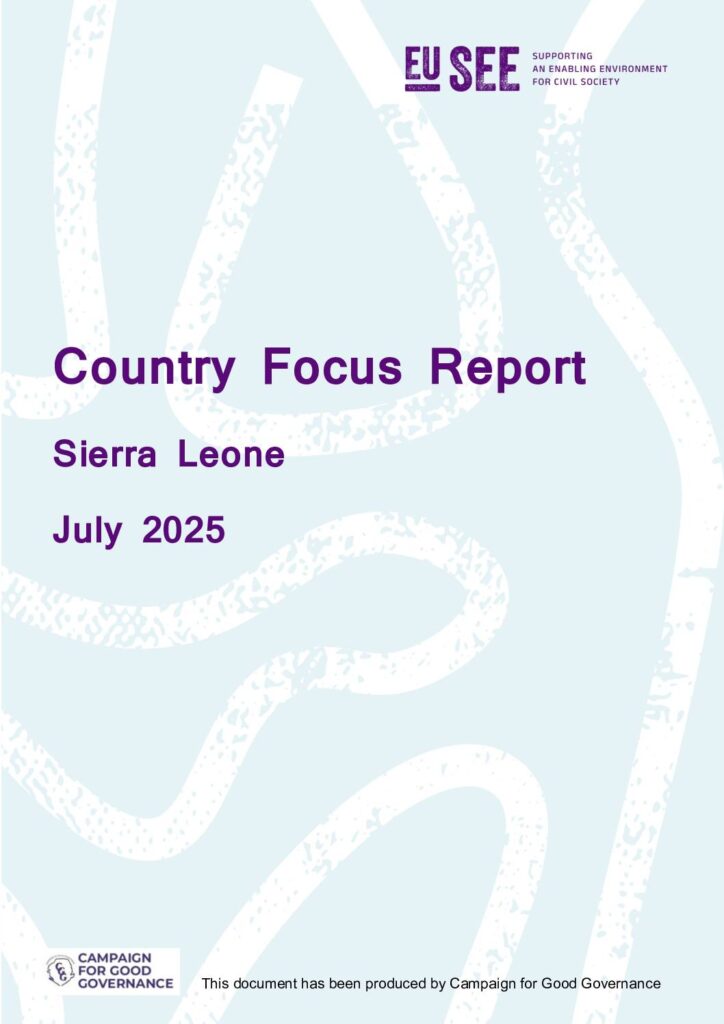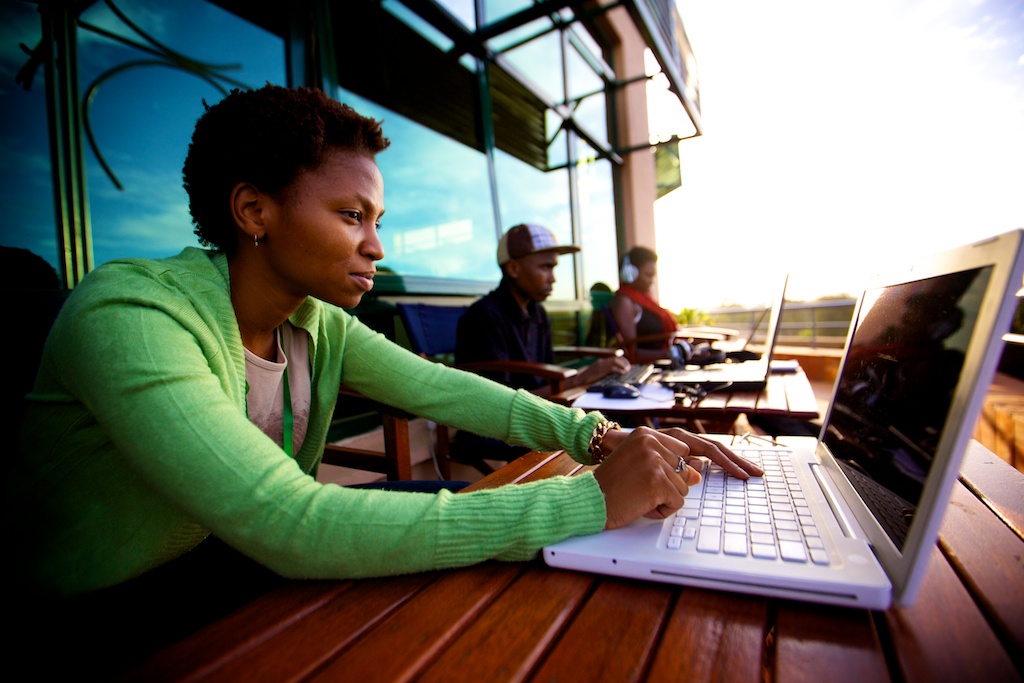Sierra Leone has operated as a multi-party democracy since the promulgation of its 1991 Constitution. Following the end of the 11-year civil conflict (1991–2002), the country witnessed a notable expansion in civic space, with civil society organisations (CSOs) playing a critical role in state-building, human rights advocacy, citizen participation, and democratic accountability. Internationally, Sierra Leone ranks among the top 25 countries for democratic participation.
However, the credibility of the 2023 elections marked a significant decline compared to previous post-conflict electoral processes. The political environment was deeply polarised and highly contested, dominated by the two main parties—the Sierra Leone People’s Party (SLPP) and the All People’s Congress (APC)—which have alternated power since independence in 1961. The elections were marred by controversy, with both international and domestic observers, including The Carter Center and National Election Watch (NEW), raising serious concerns about the transparency of vote counting and results tabulation.
Over the past decade—and particularly in the last five years—the enabling environment for CSOs has deteriorated. Restrictions on freedom of expression, association, and assembly have intensified, with increasing reports of arrests and intimidation targeting activists and dissenting voices. This shrinking civic space undermines peaceful coexistence and limits opportunities for meaningful civic engagement.
Despite these challenges, the 1991 Constitution of Sierra Leone guarantees fundamental rights and freedoms, including freedom of expression, the press, association, and assembly, as enshrined in Sections 25 and 26. Upholding these constitutional protections remains essential for fostering an inclusive and participatory democratic society.
Enabling principles scores

